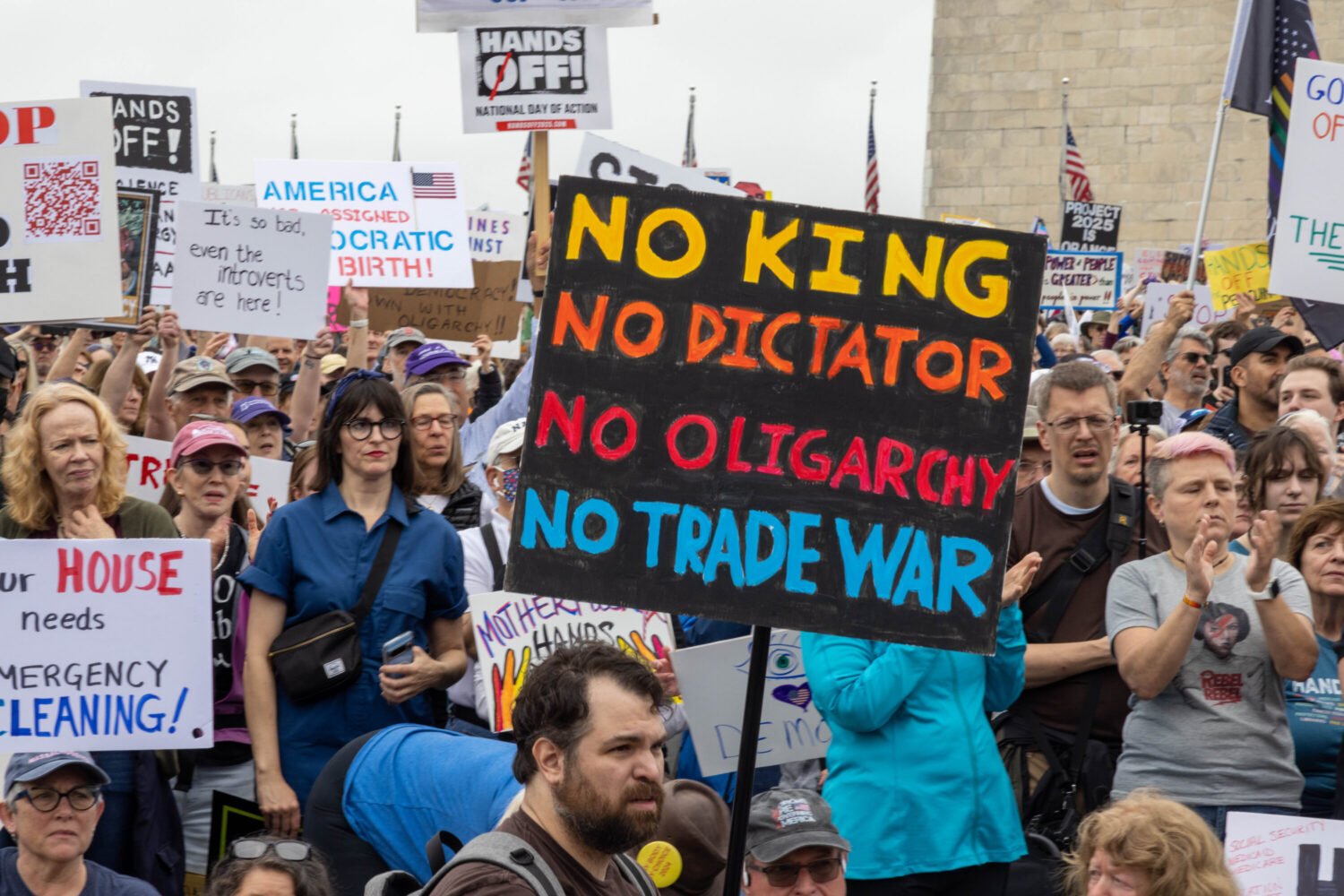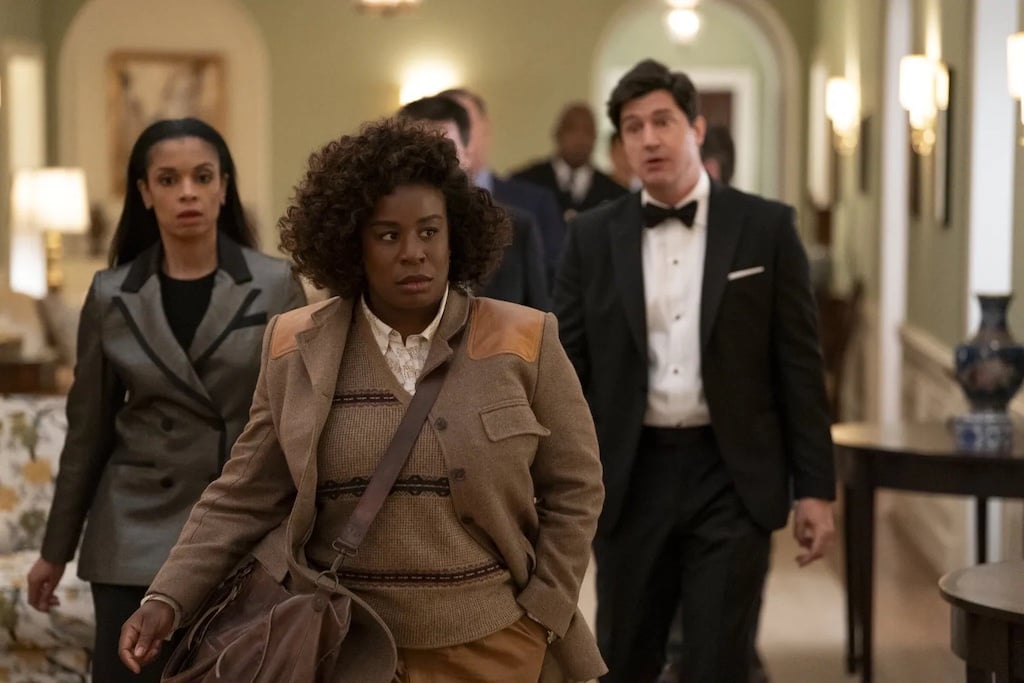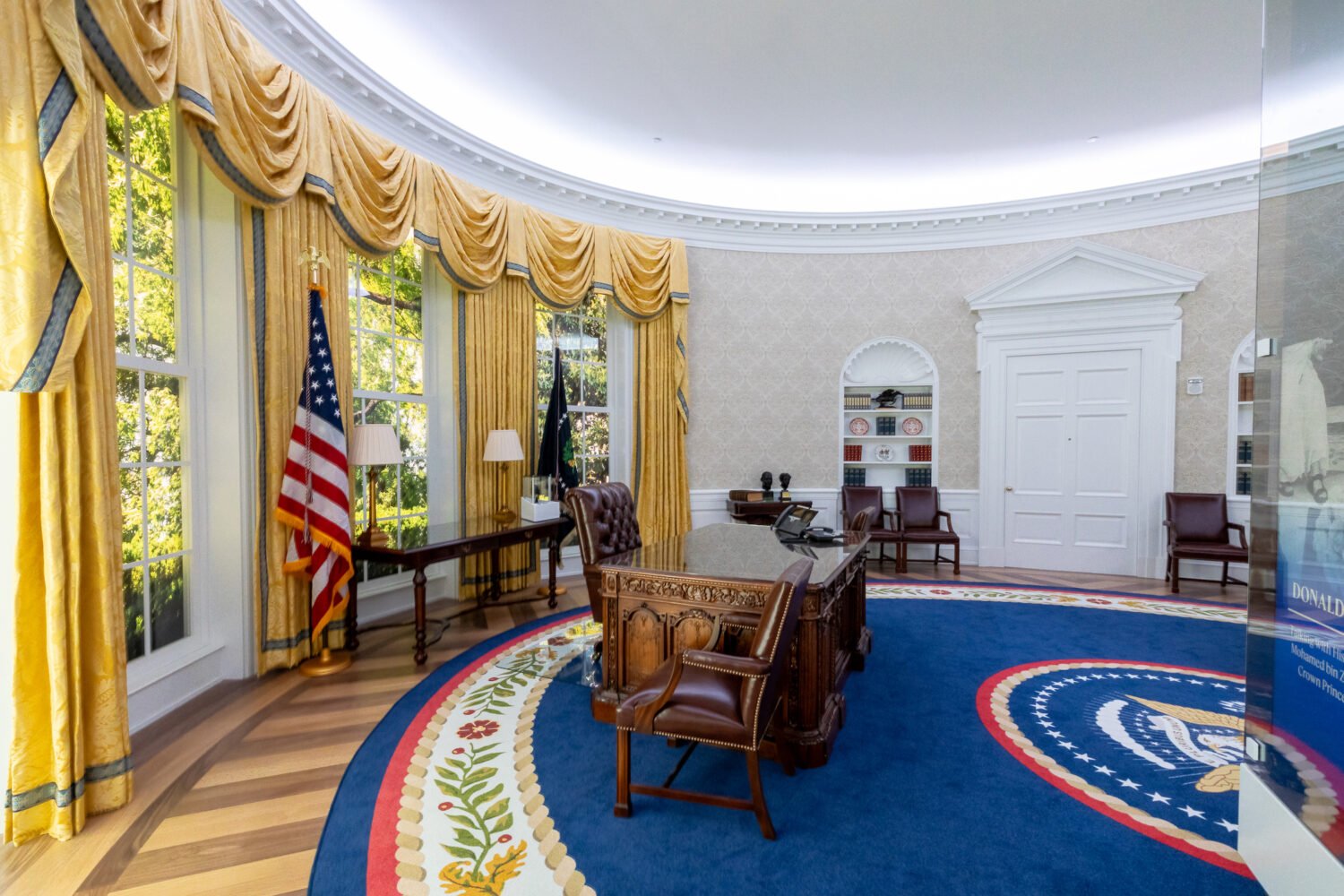If John Brennan is confirmed as the next Director of the CIA–an outcome that appears all but certain–he will be only the third career CIA officer to run the agency in the past four decades. Robert Gates, in 1991, and William Colby, in 1973, were the other two. And the last director who could claim strong ties to Langley was George Tenet, who was nominated by Bill Clinton in 1997, and who’d been the deputy director for only a few years.
Brennan worked for Tenet first in 1999, as his chief of staff, and then as deputy executive director in 2001. In his confirmation hearing this week, Brennan cast himself as a cog in a much greater machine when he explained why, if he personally objected to parts of the Bush-era regime of brutal interrogations, he didn’t take action to stop it. He wasn’t “in the chain of command” for the program, Brennan told Sen. Saxby Chambliss.
The chain of command, and Brennan’s position in it, has defined his working life. Brennan spent nearly three decades as a career intelligence officers. He held a series of significant posts, but he never rose to the most senior, political ranks of leadership. That’s one reason why, when the incoming Obama administration floated his name for CIA Director in 2008, some old CIA hands were skeptical. Nothing against Brennan, some of them explained at the time, but he’d never been the deputy director, nor even executive director. His last significant job before leaving government for a brief stint in the private sector was as director of the newly formed Terrorist Threat Integration Center, the predecessor to the National Counterterrorism Center. Again, not an insignificant job, but not an obvious launching pad to one of the most important jobs in the United States government.
What a difference four years and a kill list make. Whereas Brennan’s nomination for CIA Director once seemed implausible, now it seems so obvious. Books will be written (some are now) about how Brennan’s four years as Obama’s counterterrorism adviser seasoned him, changed him, and made the chief architect of the global drone campaign the logical candidate to take over the helm of the CIA.
But for now, it’s instructive to remember Brennan’s history as a career government employee, as a man who spent years in service regardless of who was the commander-in-chief. Indeed, that may be the best way to understand how he’ll run the CIA.
Brennan’s resume is well-documented. Stints as an analyst, a briefer, as a case officer in the field, the station chief in Riyadh. But it’s perhaps his time in Washington, in those years when he served in fairly senior ranks and then briefly left government, that give the best clues to his future. These positions were rungs in a career ladder, yes. But some of them were thankless jobs, particularly director of the TTIC/NCTC. I covered the organization when it was first stood up, and like so many post-9/11 “centers,” there was an air of uncertainty and desperation about the place. It’s always hard being the new kid on the bureaucratic block. Would the center get enough funding? Enough people? Would it have sufficient clout in the intelligence community?
The initial answers were no, no, and no, but that’s always how it is for a new organization. Running a place like that, when you know everyone’s either against you or ambivalent about your success, must do something to a person. It must be forging. I don’t know what it did to Brennan, but I suspect it was a stark reminder of the hierarchies of power. And he was smart enough to know that if anything went south on his watch (i.e., another terrorist attack), all the fingers would be pointed at the new guy. “We built this center to prevent the next 9/11. Why did you fail us?” Going from such a vulnerable position to the heights of power, at the White House, and becoming in the process arguably the most powerful man in the intelligence community…well, that must also change a person.
I had a long sit-down interview with Brennan in 2008, when he was an adviser to the Obama campaign and the chairman of the Intelligence and National Security Alliance, a sort of social and professional club for intelligence veterans. I asked him if there was one particular path that he thought was most productive in addressing the spread of terrorism. Consider his response in light of the man Brennan has become, the Drone Master:
“A lot of these issues, including counterterrorism, cannot be solved with kinetic force. I am a strong proponent of trying to focus more of our efforts on the upstream phenomenon of terrorism. I make the analogy to pollution. We learned that pollutants kill us when they get into the water we drink or the fish we eat or the air we breathe. But I think we also learned that we have to go upstream to identify and eliminate those sources of pollution. Terrorism is a tactic, and we have to be more focused upstream. Since 9/11, understandably we’ve focused downstream, on those terrorists who might be in our midst or trying to kill us, the operators. I think there needs to be much more attention paid to those upstream factors and conditions that spawn terrorists.“
I doubt Brennan has abandoned that philosophy. But it’s clearly not driving current policy. Still, in our interview, Brennan demonstrated a nuanced understanding of how many different components of government would have to work together to address the terrorism in the way he imagined. He said he was an advocate of reviewing “governance structures,” and finding ones that “transcend administrations.” He had, in other words, a bureaucratic answer to a strategic problem, and arguably a political one.
In his new perch at the CIA, Brennan will have to marshall that spirit of cooperation in a way that wasn’t required at the White House. He’s running an agency now. A powerful one, for sure, but one of many in a larger system. No doubt he will find the task more manageable and agreeable than his predecessor, Gen. David Petraeus, who never seemed to adapt to life without four stars on his shoulder.
At his confirmation, Brennan signaled that he’s willing to play nicely with others, and that he actually looks forward to it. In his opening statement, he spoke about the man who is technically going to be his boss, another intelligence pro with a storied career:
“It would also be a tremendous privilege to serve with Director of National Intelligence Jim Clapper, who has mentored literally legions of intelligence professionals ever since his service in Vietnam. … He and I share identical views on the role of intelligence and the importance of giving current and future generations of intelligence professional the support they need and so richly deserve.”
No disrespect to Gen. Clapper or any of his predecessors. But I don’t think that any CIA Director has ever spoke so fondly of the DNI. And if he did, I’m sure he didn’t mean it.
“It would be the greatest honor of my professional life” to head the CIA, Brennan said. I don’t doubt him. He has demonstrated considerable political skill in making it this far. And that will be essential at Langley. But for Brennan, this is more than a prestige job. It’s a homecoming. And it’s important to view his actions in the coming months and years through that lens.









